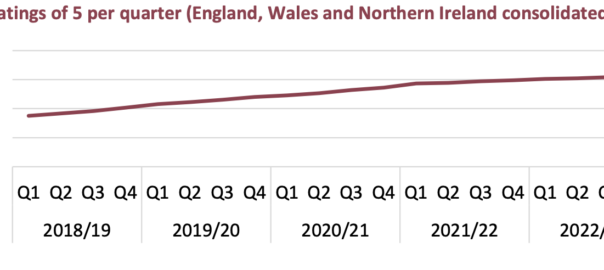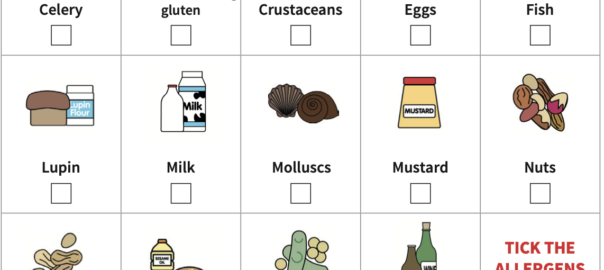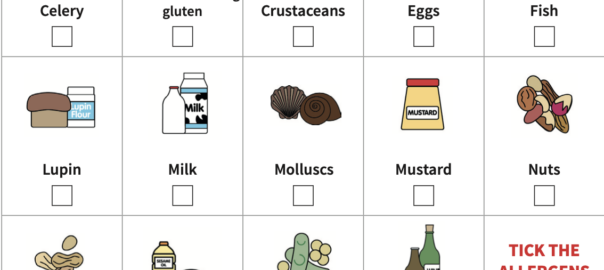Supermarkets to self-audit. Trials of self audit are now complete and proposals to allow large supermarkets to self audit are expected to be presented at next month’s FSA Board meeting.
The following article has been reproduced courtesy of The Grocer
29 August 2024
Supermarkets to take over ‘Scores on the Doors’ hygiene inspections
Supermarkets are to take over the responsibility for their own food hygiene inspections under the ’Scores on the Doors’ ratings system, in a move by food standards bosses to concentrate stretched inspection resources on rogue retailers.
The Food Standards Agency is due to submit proposals in the next few weeks that would see the likes of Tesco and Sainsbury’s submit data from their third party auditors, rather than inspections being carried out by local authorities.
The move represents a huge shift in what has become the most public-facing aspect of the FSA’s work. The ratings, ranging from zero (meaning a need for urgent improvement) to five (very good) having become a key feature on the doors of restaurants and supermarkets across the UK since they were introduced in 2010.
However, the FSA said the switch would allow councils to concentrate on higher-risk elements in the industry more likely to be putting the public at risk of food disease outbreaks or threats from allergens.
Outgoing FSA chief executive Emily Miles, who is moving to become head of food at Defra next month, told The Grocer trials had shown supermarkets could provide a far greater level of data than local authority inspectors.
“We’re basically saying there are a small number of retailers with thousands of stores,” she said.
“They are doing a huge amount of food hygiene audits using third-party providers. They are low risk and they may be inspected every three years anyway.
“Over the course of the pilot we have had access to 10,000 store audits compared to what we would have had from local authority inspections, which would have been 1,500.
“So we’re suddenly getting access to way more information about food hygiene and what is going on.
“We did some audits to make sure that what Tesco or Sainsbury’s were saying was accurate.
“We sent auditors to make sure what they were saying was true and when they claimed a strong hygiene performance we agreed this was true.”
The hygiene checks will cover practices such as stock control, pest control and store management.
Miles said she believed giving the responsibility to retailers would also help build stronger links with the FSA to co-operate on future food safety issues.
“We think there is more of a parity of arms if they are being regulated by the FSA rather than by local authorities and we’d be interested in changing the food law practice to bring the FSA in.
“We think there is a more FSA driven approach we can use where there are businesses that we can trust. We wouldn’t want to do it if these were businesses we didn’t trust.
”We would still have the potential for inspections but we would do it at much lower frequency if systems were good enough.
“As long as we’ve got that assurance that their own systems are good enough and that they are being transparent and applying good standards.
”At the moment we are just thinking about the biggest retailers. There are questions now over what happens to the hygiene ratings and how does that policy get applied.
“The question then is whether you want to include it to other national level businesses, people like Greggs for example.”
The proposed changes are the latest move by the FSA to concentrate resources on rogue operators when it comes to food standards and safety inspections, with changes to the frequency of food standards operations by councils already undergoing a major shake-up based on a new FSA “risk matrix”.
In an exclusive interview with The Grocer this week, Miles warned that continued cutbacks to local authority capabilities threatened the future of food safety in the UK and said policymakers would “be fools” to allow it to happen.









